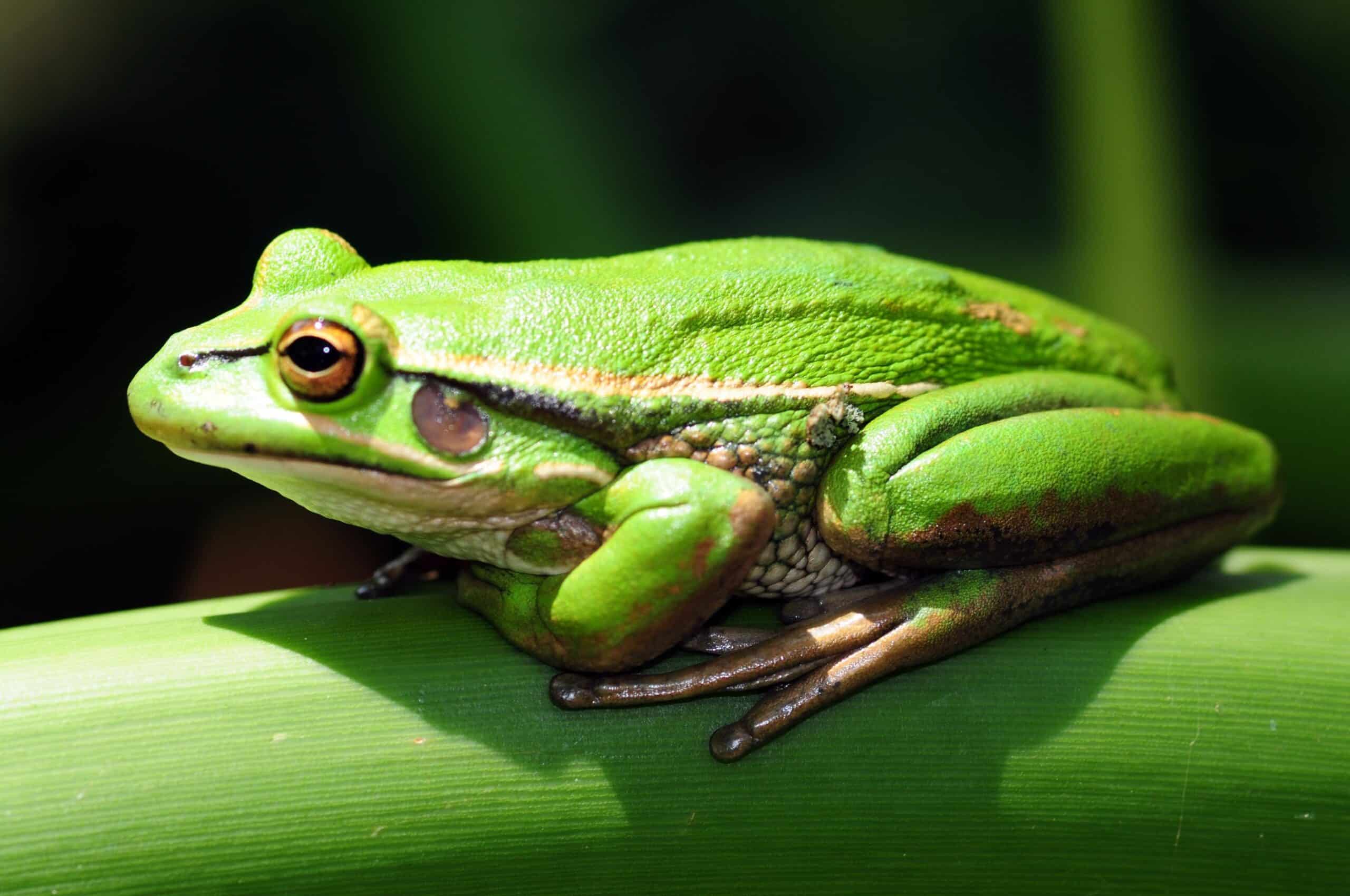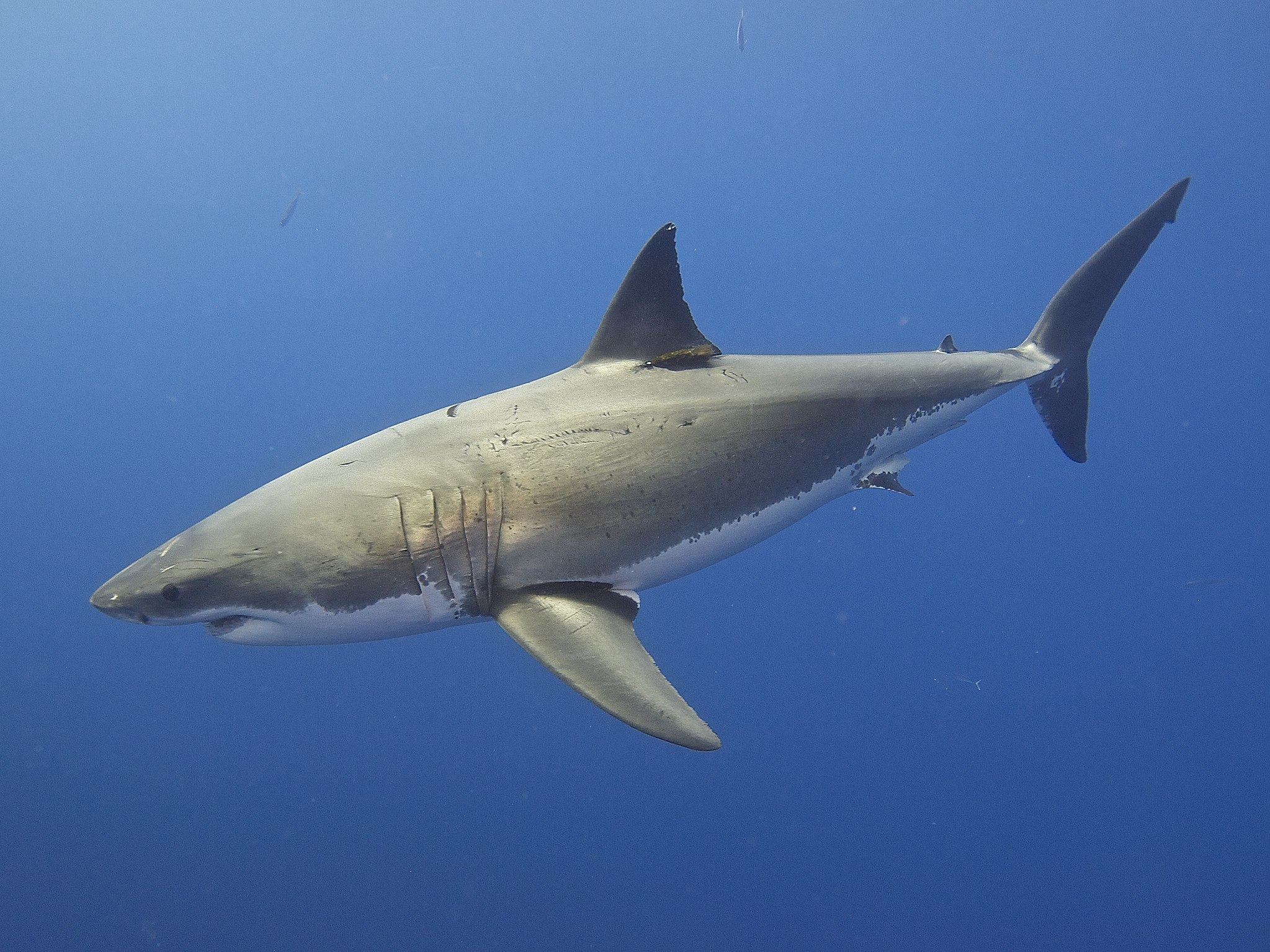The 2024 New South Wales State of the Environment (SoE) report is in—and for our native wildlife, the picture is deeply concerning. From iconic marsupials and mammals to lesser known but equally vital amphibians, birds and reptiles, many animals across NSW are facing growing threats from climate change, habitat loss,...
The NSW Government has just closed consultation on reforming its animal welfare legislation saying it is committed to safeguarding animal welfare and providing the strongest possible regulatory framework to promote responsible animal ownership and care in NSW. HSI sent in a submission with our recommendations for that ambition.
Three pieces of legislation are under review: the Prevention of Cruelty to Animal Act 1979 (POCTA Act), Animal Research Act 1985 and the Exhibited Animals Protection Act 1986.
The centrepiece of HSI’s recommendations is the establishment of an Independent Office of Animal Welfare (IOAW) dedicated to excellence in animal welfare policy, science and law, as well as being independent of influence from competing commercial or political interests for compliance and enforcement functions. An IOAW would help grow confidence in the Government’s ability to manage animal welfare to a standard that is well supported by the community. The days where standards are heavily weighted towards industry profitability at the expense of animal welfare need to end. We noted that an Independent Office of Animal Welfare has been a recommendation in two Upper House inquiry reports: the Legislative Council Select Committee Report on Animal Cruelty Laws in New South Wales (2020) and the Legislative Council Select Committee Report on the Use of Battery Cages for Hens in the Egg Production Industry (2019). It’s a proposal whose time has come.
Another key recommendation is for NSW to follow the lead of the ACT and New Zealand and include recognition of animal sentience and the intrinsic value of animals in the objects of the Act. Scientific research is clear on sentience and supports the view that many animals are able to experience physical and psychological pain in a similar fashion to humans. The European Union first recognised animal sentience in 1997 in the Treaty of Amsterdam. New Zealand recognised the term in a 2015 update on its Animal Welfare Act 1999, and Quebec in a 2015 amendment to its Civil Code. Here in Australia, we are lagging behind with only the ACT changing the legal status of animals from being purely ‘property’ and recognising sentience in 2019.
The NSW POCTA Act prescribes a list of prohibited activities to avoid cruelty. HSI has recommended that the list be updated to keep up with today’s community standards. Phase outs and prohibitions should be prescribed for an array of mutilations and close confinement practices still in routine use on intensive farms in NSW. Mutilations such as tail docking pigs, beak trimming layer hens, disbudding and hot branding dairy cows and the mulesing of lambs. Legislation also needs to bring an end to sow stalls and farrowing crates for pigs and battery cages for hens. Animal welfare laws cannot claim to uphold the five freedoms of animal welfare if these practices are allowed to continue.
HSI supporters will know that bringing an end to painful mulesing in Australia is a priority campaign for our office. Mulesing is the practice of slicing skin from a lamb’s behind in order to create scar tissue that is less prone to flystrike. It is often done without anesthetic and when pain relief is used it is applied post cut. From our research with wool producers we were able to provide information on the success of genetic selection as an excellent prevention strategy for flystrike and an alternative to mulesing. The wrinkle that makes Merino sheep prone to flystrike can be bred out to create plain bodied sheep which don’t require mulesing and yield excellent quality wool to fetch a premium on the market. Animal welfare conscious consumers worldwide are demanding non-mulesed wool, but our submission argued that regulation can hasten the demise of this unnecessary and painful practice.
Our submission also includes recommendations to strengthen the government’s ability to bust up dog fighting rings, to outlaw gambling on animal performance, to outlaw puppy farms and end the use of all exotic animals in circuses, cetaceans in captivity and the exhibition of wild animals for purely entertainment purposes.
We are pleased the NSW Government has recognised there is lots of room for improvement in its animal welfare regime and that they have said this policy area is a priority. We hope our recommendations will find their way into reformed laws so that the animals of NSW have their welfare strictly protected and can lead good lives.
The Five Freedoms of Animal Welfare
1. Freedom from hunger and thirst: by ready access to fresh water and a diet to maintain full health and vigour.
2. Freedom from discomfort: by providing an appropriate environment including shelter and a comfortable resting area.
3. Freedom from pain, injury or disease: by prevention through rapid diagnosis and treatment.
4. Freedom to express normal behaviour: by providing sufficient space, proper facilities and company of the animal’s own kind.
5. Freedom from fear and distress: by ensuring conditions and treatment which avoid mental suffering.
Source: FAWC (1993) Second Report on Priorities for Research and Development in Farm Animal Welfare. Farm Animal Welfare Council, DEFRA, London, UK.
Nicola Beynon, Australia Head of Campaigns, has fought against wildlife trade with HSI for over two decades and has successful campaigned for different species to be protected from trade at many conferences of the UN Convention on International Trade in Endangered Species.


